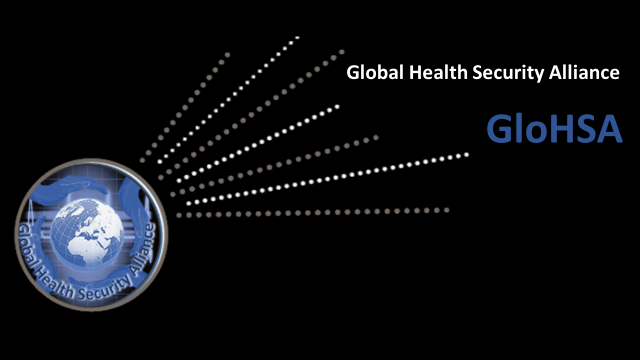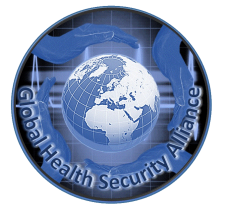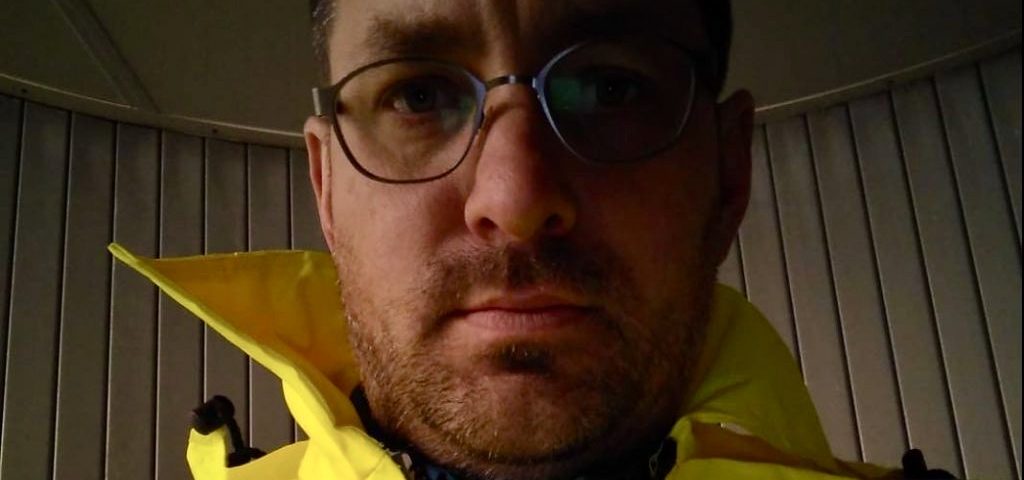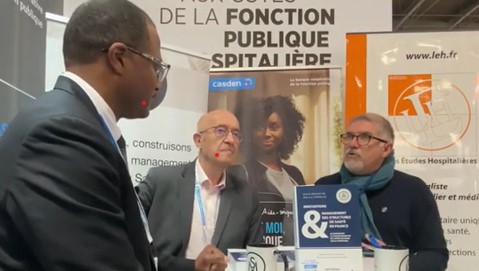- Have any questions?
- info@glohsa.com

GloHSA Steering Board Activities during the COVID-19 Pandemic – Jan Cedric
15. April 2020
The Unknown Threat – Anja @ CDTM
17. May 2020During the actual pandemic COVID-19 crisis all of our GloHSA members are working out of their usual comfort zone and are involved in overwhelming other tasks to mitigate the impact of the plague. We want to keep you updated on what we are doing at the frontline of the crisis and at the nexus of global health and security: Watch out for our interview series.
This time our General Treasurer and Steering Board member, John Quinn, from the Charles University in Prague Institute of Hygiene and Epidemiology, Prague Center for Global Health.
John, tell us about some of the work you’ve been doing during the Covid-19 pandemic.
As one of our colleagues deployed in late December to China to investigate an outbreak of an unknown flu like illness, I started to take note. By January I was working with public health England at Heathrow airport conducting and overseeing health screening and reviewing flight logs of any ill passengers or travelers. I also begin consulting for universities in the Ministry of health in Ukraine, as it relates to the war there and what they would do to prepare for an outbreak and the pandemic in general. Due to travel restrictions starting early in the Czech Republic, I was unable to practice in the emergency departments in London from mid-February onwards. I will be in resuscitation in the emergency department beginning the first week of May.
With support from GloHSA, we were also able to conduct preliminary research on policy and response throughout the European Union and with support of World Health Organization and NATO. Multiple publications in peer-reviewed journals will be a major product of a lot of this research, conversations and academic debate related to COVID-19 and best practices in policy and clinical medicine.
What are the biggest challenges going forward, from your perspective?
Right now, the biggest challenges going forward throughout the COVID-19 crisis related to information. Information for the public and realistic discussions from leadership, and access to Best practices clinical information to care providers. The single most important feature from leadership, whether it be political leadership, business leadership, academic leadership or large organization leadership, is truth telling. Disinformation and untrue information will always be spread throughout social media, the Internet and social circles. Clear, objective, transparent and true information must be conveyed consistently throughout this crisis.
Rapid access to best practice guidelines for patients with COVID-19 will remain a challenge. This is going to be hourly and daily changes in treatment for COVID-19 patients, as well as a lack of true understanding of the pathophysiology and description of even a logical response and immunity in general.
In which way does your work connect with GloHSA?
My activities with the global health security alliance include research efforts on best practices in global health medicine, establishing a military civilian focus group to engage and promote interoperability and am acting treasurer. I think the global health security alliance is an excellent venue for colleagues and subject matter experts to engage and have a focused approach to addressing significant global health problems and issues. COVID-19 pandemic is only one of many of the issues at the Global Health security alliance can address through its massive network and best practices.





